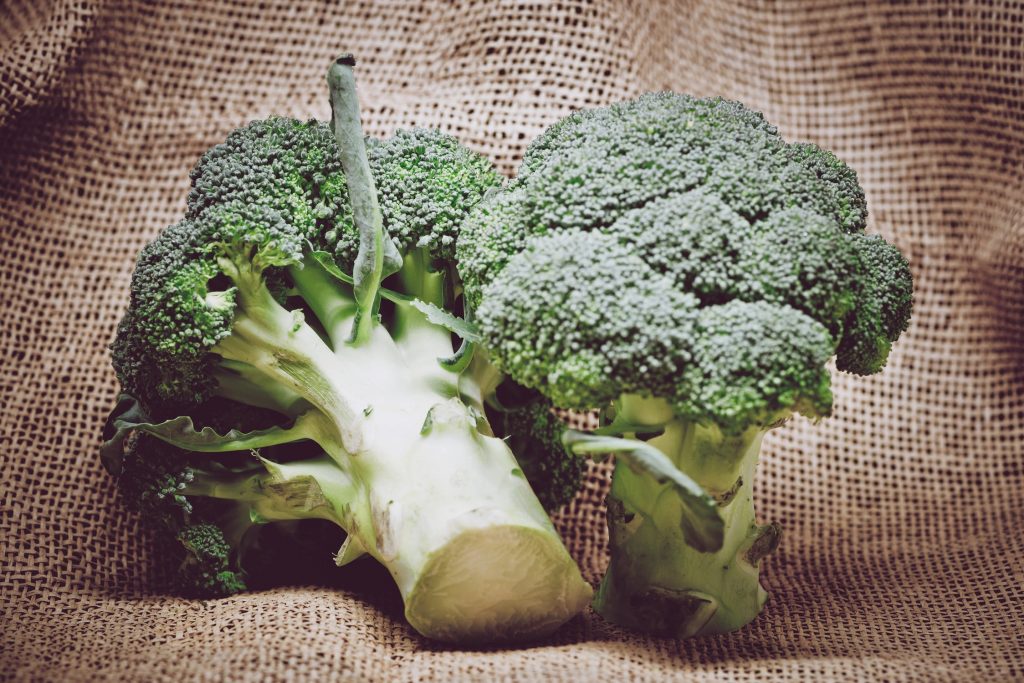Nutrition and your health

By Annette Sandler • JFCS Aging Services Director
At any age, good nutrition plays an important role in our overall health. This is increasingly true as we age. JFCS Senior Services can help older adults achieve these goals with programs such as Kosher Meals on Wheels, Shopping Services, and Jacob Garber Transportation Services.
 According to the Healthy Aging Institute at WebMD, a diet that is low in salt and fat that includes a variety of fruits, vegetables and fiber can reduce your risk of heart disease, stroke, osteoporosis and other chronic diseases. In addition, the American Heart Association found that eating omega-3-rich fish once or twice a week can reduce your risk of heart failure by 12 percent.
According to the Healthy Aging Institute at WebMD, a diet that is low in salt and fat that includes a variety of fruits, vegetables and fiber can reduce your risk of heart disease, stroke, osteoporosis and other chronic diseases. In addition, the American Heart Association found that eating omega-3-rich fish once or twice a week can reduce your risk of heart failure by 12 percent.
The best way to obtain this diet is by shopping the perimeter of the grocery store. This is where you’ll find colorful fruits, vegetables and fresh fish. It is important to read the labels of items to check ingredients and serving sizes, as well as product claims. For example, Vitamin Water claims to boost your energy. The good news is that it is hydrating. The bad news is that the essential extra ingredient is sugar.
Maintaining a healthy weight is important for your overall health. Obesity can lead to many life-threatening diseases like diabetes, arthritis and heart disease. In order to maintain a healthy weight, many food experts recommend eating five small meals a day. As long as the meals are not filled with too many calories, your body will learn to digest food quickly and more easily. Exercise is also vital in maintaining a healthy weight. As we age, people tend to become more sedentary. Simple weight-bearing exercise like walking can help you burn calories. The American Heart Association recommends 20 minutes of cardio exercise daily.
According to Steven Pratt, MD, author of SuperFoods Healthstyle, the top six super foods that will improve your health are:
-
- Broccoli – for cancer fighting potential that can reduce your risk of lung, colon and rectal cancers
- Pumpkin – and other orange vegetables – good sources of beta-carotene and an antioxidant that can prevent cancer
- Blueberries – help to protect your heart and inhibit the growth of cancer cells and protect against neurodegenerative diseases like Alzheimer’s disease and Parkinson’s disease
- Fish – helps to reduce your risk of heart disease, heart attack and stroke from coronary artery disease. Fish can reduce your risk of prostate and colon cancers and can ease your symptoms of rheumatoid arthritis and some psychiatric disorders.
- Spinach – can boost your vision and protect against cancer. The lutein contained in spinach has been shown to reduce your risk of cataracts and macular degeneration.
- Tomatoes – contain lycopene, an antioxidant that can reduce your risk of prostate, breast and lung cancer. Tomatoes can also reduce your risk of heart disease.
Year-round, but especially during summer, seniors must look out for signs of dehydration. Older adults are at particular risk for dehydration because they are more susceptible to fluid and electrolyte imbalances, according to Jennifer Leeflang at AgingCare.com. The sense of thirst diminishes with age – by the time someone actually feels thirsty, essential fluids could already be extremely low.
Leeflang says a good rule of thumb is to try balancing fluid intake with output. If a senior is sweating or urinating more frequently, then their fluid intake should become more frequent as well. If a loved one is suffering from an illness that causes fever, diarrhea or vomiting, carefully monitoring fluid intake is crucial.
These tips can help seniors maintain healthy nutrition. If you or your loved one needs assistance like Kosher Meals Wheels, shopping or transportation, JFCS is here to help.
For more information on JFCS Senior Services, and how we can help you or your loved ones maintain good health, call us at 952-546-0616.
